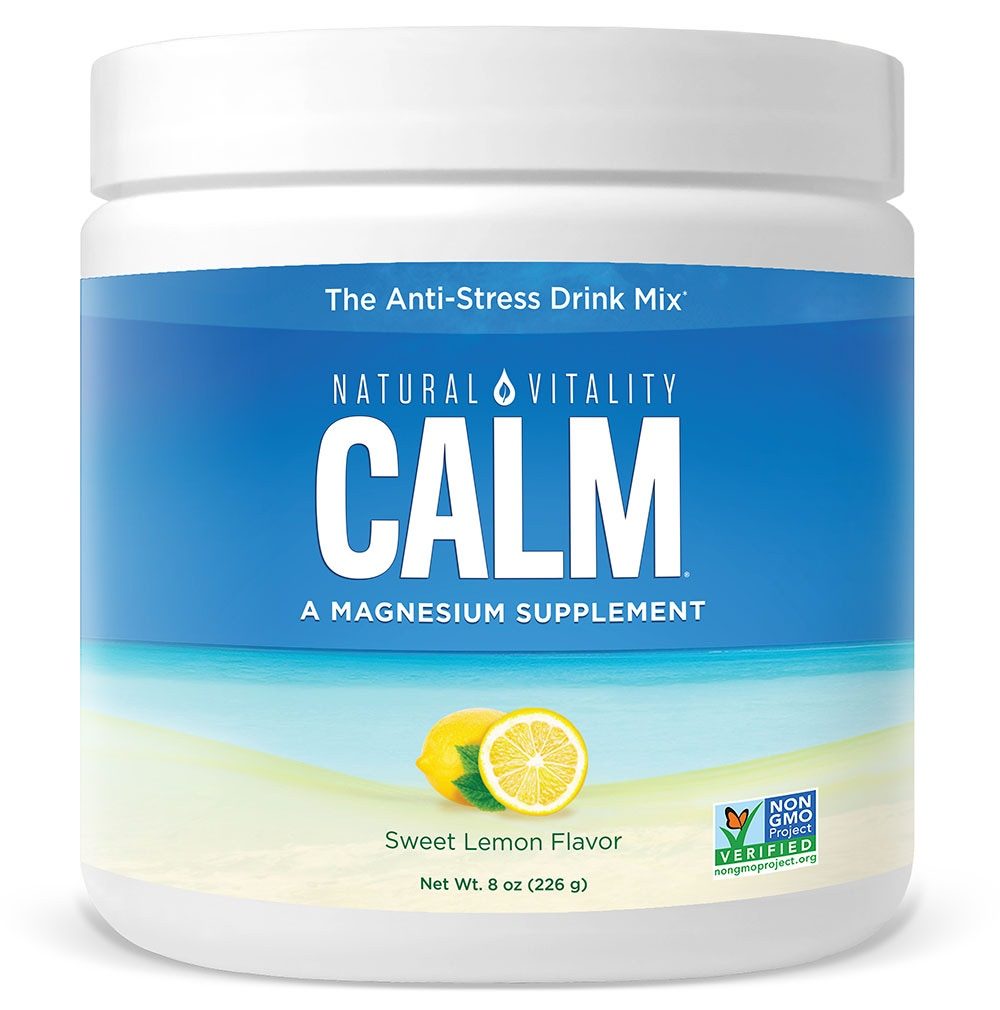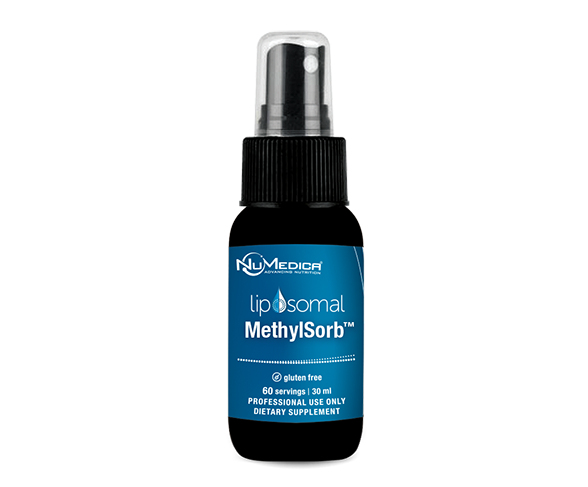
Summer is fun! Sleeping in, playing outside, sunshine, schedule freedom. But for many, the end of summer and looming return to school really challenges mental and emotional health. The “newness” of school can bring up nerves—new social interactions, teachers, structures, routines, curriculum. Anything new, even good things, can be unnerving. The first 8 weeks of school test our ability to adapt and when those first grades come in, we know how we did.
Stress in the body comes from the sympathetic nervous system, the part responsible for the fight-or-flight impulse. We all know these feelings well. Who hasn’t been frightened? I remember a day when riding my horse, she stopped in her tracks, not wanting to cross the path of a certain bush. I urged her forward, but she resisted, and then I heard it–a hiss. Immediately, I agreed with her and we fled the area. Eventually I was able to calm down, but for several minutes, my body was shaking, my heart pounding, and I was completely out of breath.
If a frightened state becomes chronic, the brain creates a worried pattern of thinking. Learning is very hard to do in this state of mind. Difficulty focusing, thinking critically, or problem solving, and poor recall stem from an anxious mind. A 2016 study by Stockholm University concluded that stress over a period of time impacts the way our brain processes and stores memories, which can in turn negatively impact how we retain information and learn. (1)
The sympathetic nervous system is an automatic survival response. To override it, we need to willfully and intentionally calm down and access the parasympathetic mind. This process must be learned. The parasympathetic state of mind comes when we take a big deep breath. A calm state vastly influences learning in a good way. When you are relaxed, your brain is ready for creativity, abstract thinking and exploring new concepts. Curiosity, which drives focus and concentration, is fostered by a calm mind. Studies have shown that students with high levels of anxiety score worse on tests than those with low levels (2). Learning how to calm down and how to express emotions comes with time, practice, and having good teachers and adults around you to model this.
So, how do you calm down? We start with healthy habits.
- SLEEP You don’t learn well if you don’t sleep well. In 2019, MIT researchers found a correlation between sleep deprivation and low test scores. (3) The bare minimum amount of sleep an adult needs to form a memory, think clearly, and learn is 7.5 hours. Kids aged 5-12 need 9-12 hours and teens need 8-10 hours. (4) Sometimes, we adults try to convince ourselves we can operate on less sleep. We might be able to do that for a few nights, but research shows that thinking, memory, and emotional regulation are compromised. Magnesium glycinate, CALM Powder, and Melatonin are three main supplements we use for sleep support and are safe for children.
2. CLEAN EATING is another major habit that influences the nervous system. Highly processed foods, too many carbs and sugar actually worsen attention-deficit symptoms. The links between synthetic food dyes, processed foods, and vitamin and mineral deficiencies, and learning and behavioral disorders have been well documented. (5) In nutrition, we have a general rule: minimize the times you open a package, can, or bag. Eat food the way nature packaged it. You can cook it, but minimize processed foods as best you can.
3. QUALITY SUPPLEMENTATION There are some really helpful supplements we utilize that can help with learning and calming the nervous system.
- L-Methylfolate supports COMT—Catecholamine-o-methyltransferase—the enzyme that takes down adrenaline. Genetically, certain people do not activate, or methylate folate (B9). This leaves the adrenaline around in the body longer, so calming down is slower. By supplementing with L-MTHF you give the keys to COMT and regulate the excited nervous system better. MethylSorb Liposomal Spray is a go-to for kids. 2-4 pumps a day before school often makes a big difference.
- L-Theanine is an amino acid that helps GABA (the calming neurotransmitter) into the tissues. Available in chewable tablets or liquids, kids can take L-theanine for calming. It is common to use the methylfolate and L-Theanine for anxiety-driven distraction, poor concentration, and test jitters.
- Choline is a supportive nutrient for cognition that is made in the liver and found in fish, meat, nuts, beans, and eggs. For some people, liver production of choline is sparse. Choline is important for the nervous system and for normal brain function and development. Available in liquid and capsules, kids and adults can take choline and then evaluate cognition, to see if it makes a difference. I have first-hand experience with choline. After having my son, “mommy brain” plagued me. I took a look at my genetic profile and sure enough, there were many mutations in the PEMT pathway—a critical production pathway for choline. After just one dose of 600 mg Alpha-GPC, I could read a paragraph one time and glean the information.
This time of year is a good time to compare the calm mind of summer to the stressed, back-to-school brain. And when grades come in, consider them a measure of not just learning but possibly also anxiety. Remember, kids are learning how to express themselves and handle stress at the same time they are learning long division. It’s a lot, so we want to support them the best way we can, and anxiety-reducing habits and supplements can go a long way.
—
If you have comments and/or questions about this blog, email us at blog@peoplesrx.com.

Amy Nelson, ND* received her Naturopathic Doctorate from the National College of Natural Medicine in Portland, OR where she studied nutrition, homeopathy, herbal and functional medicine. In addition, Dr. Nelson was the Associate at The IBS Treatment Center in Santa Monica where she treated irritable bowel syndrome and complex food allergies. Dr. Nelson utilizes her experience in natural medicine to address female and male hormonal imbalances, mental health, and digestive disorders. Amy is available for consultation at Peoples Lakeline.
*Although licensed in other states, Naturopathic Doctors are not currently licensed in Texas.
- https://www.tandfonline.com/doi/full/10.1080/00313831.2019.1623308
- J Gen Intern Med. 2006 May; 21(5): 415–418. doi: 10.1111/j.1525-1497.2006.00419.x PMCID: PMC1484796PMID: 16704380
- https://news.mit.edu/2019/better-sleep-better-grades-1001
- https://www.mayoclinic.org/healthy-lifestyle/adult-health/expert-answers/how-many-hours-of-sleep-are-enough/faq-20057898
- https://www.wkms.org/2009-11-27/processed-foods-linked-to-learning-disorders


